Do luxury hotels need a farmer-in-residence?
From Ibiza to Indonesia, hospitality brands are cultivating a new travel experience, where wellness begins in the soil and ends at the table
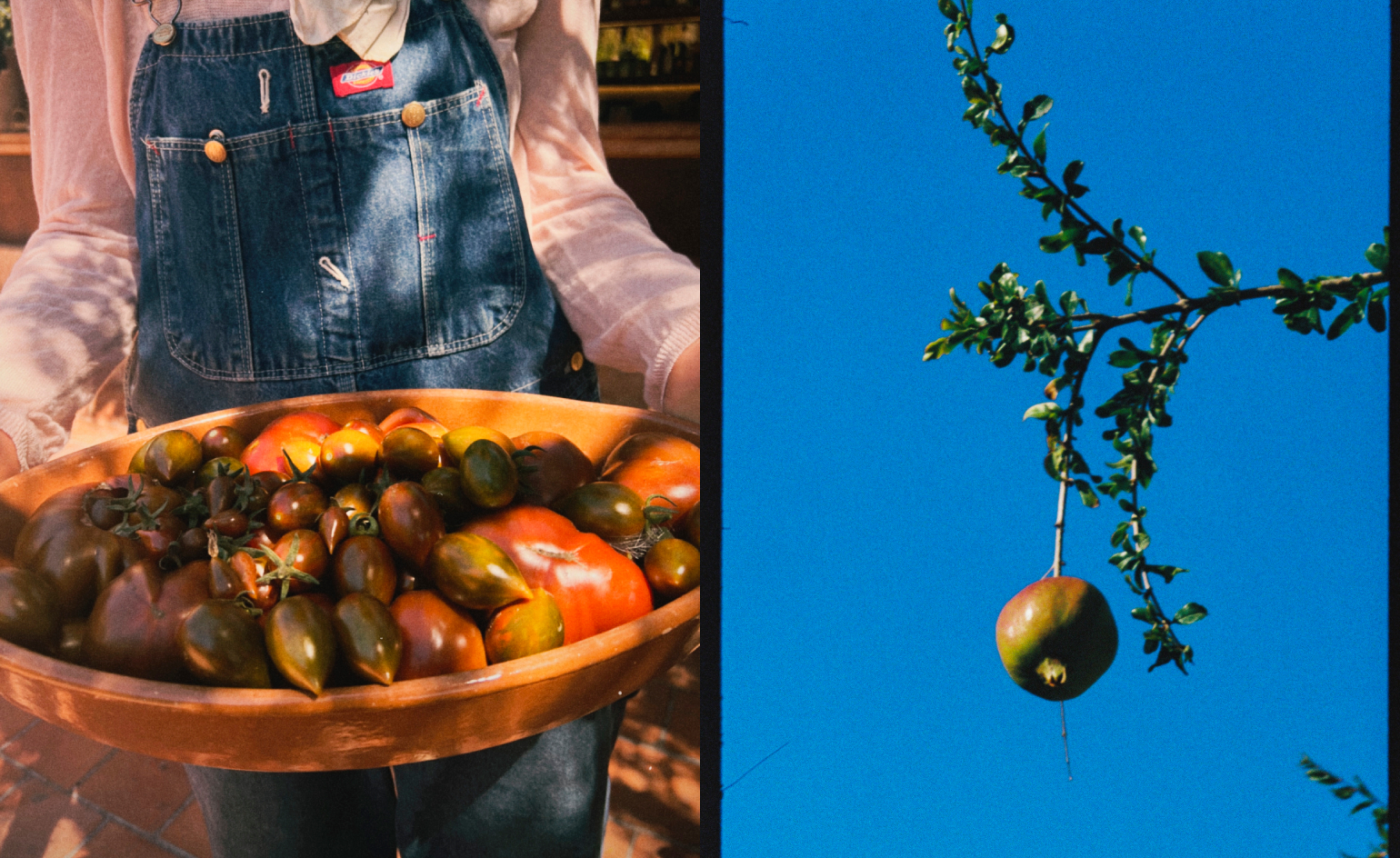
Throughout history, holidays have been closely tied to agriculture, offering respite after the harvest or marking seasonal transitions. With the Industrial Revolution came a shift: leisure time emerged as a necessary pause from the grind of factory labour, a moment for rest and recovery.
Today, however, a new kind of holiday is taking root. Rather than escaping to distance themselves from rural life, travellers are being drawn back to it. Screen-weary professionals seek reconnection with nature, while a generation of eco-conscious guests is increasingly curious about the origins of their food. In response, a wave of luxury hotels is weaving agriculture into the heart of the guest experience, offering immersive farm stays that nourish both body and mind.
Harvesting a new kind of luxury

Hotel Corazón
Leading this movement is a new type of creative director: a ‘farmer-in-residence,’ who often manages both the farm’s operations and designs the guest-facing experiences, helping visitors find their zen knee-deep in soil before heading to the spa. ‘To me, the value of having farmers-in-residence lies in making farming visible and tangible for our guests,’ says Peter Quinion, group operations director of Heckfield Place and the expansive Heckfield Home Farm.
‘It’s not just about managing the farm behind the scenes, but about being on-hand to talk about regenerative agriculture, animal welfare, composting and helping people see how these choices influence the food they eat and the land itself.’ These agricultural roles have swiftly become vital to the hotels’ operational teams.
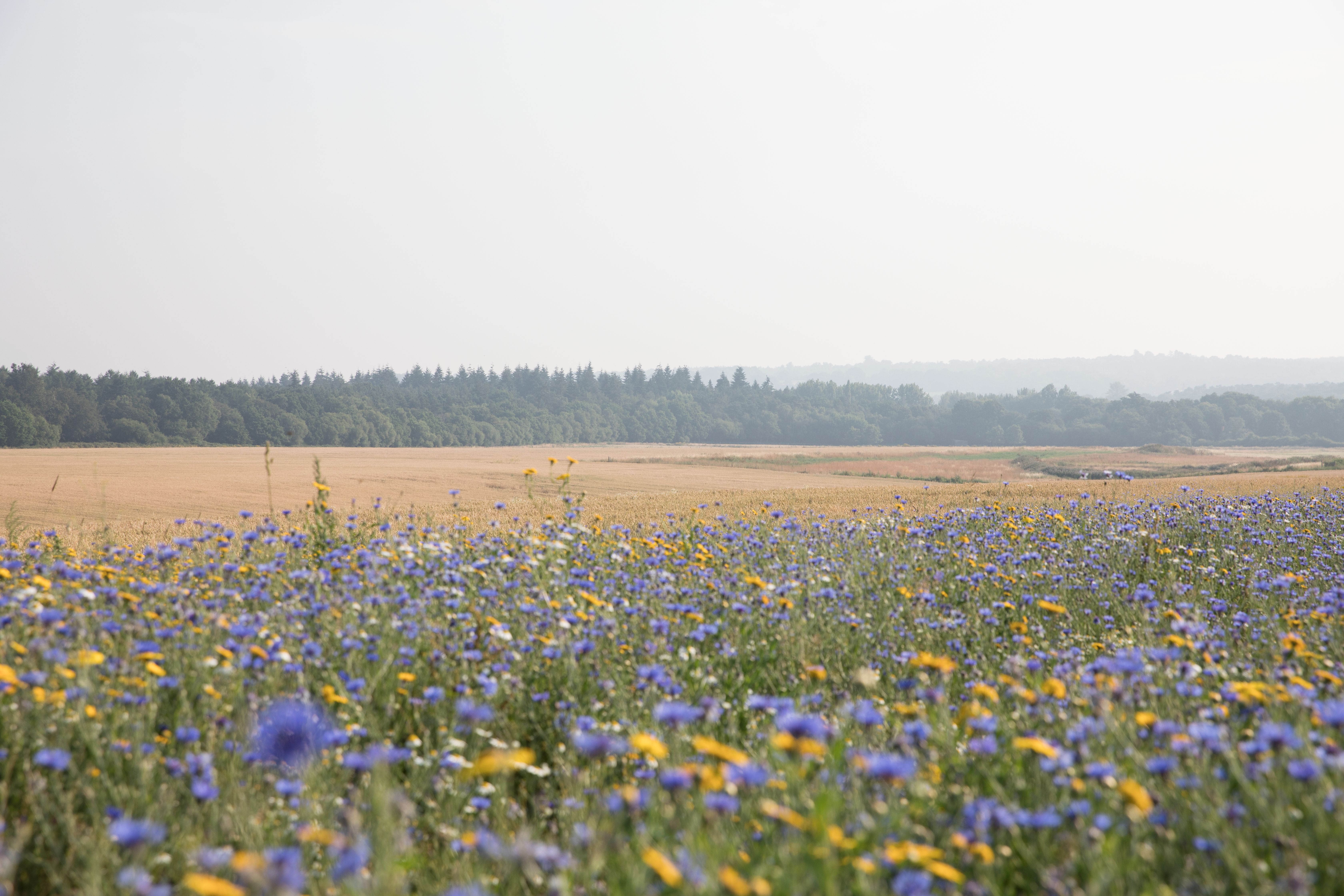
Heckfield Place
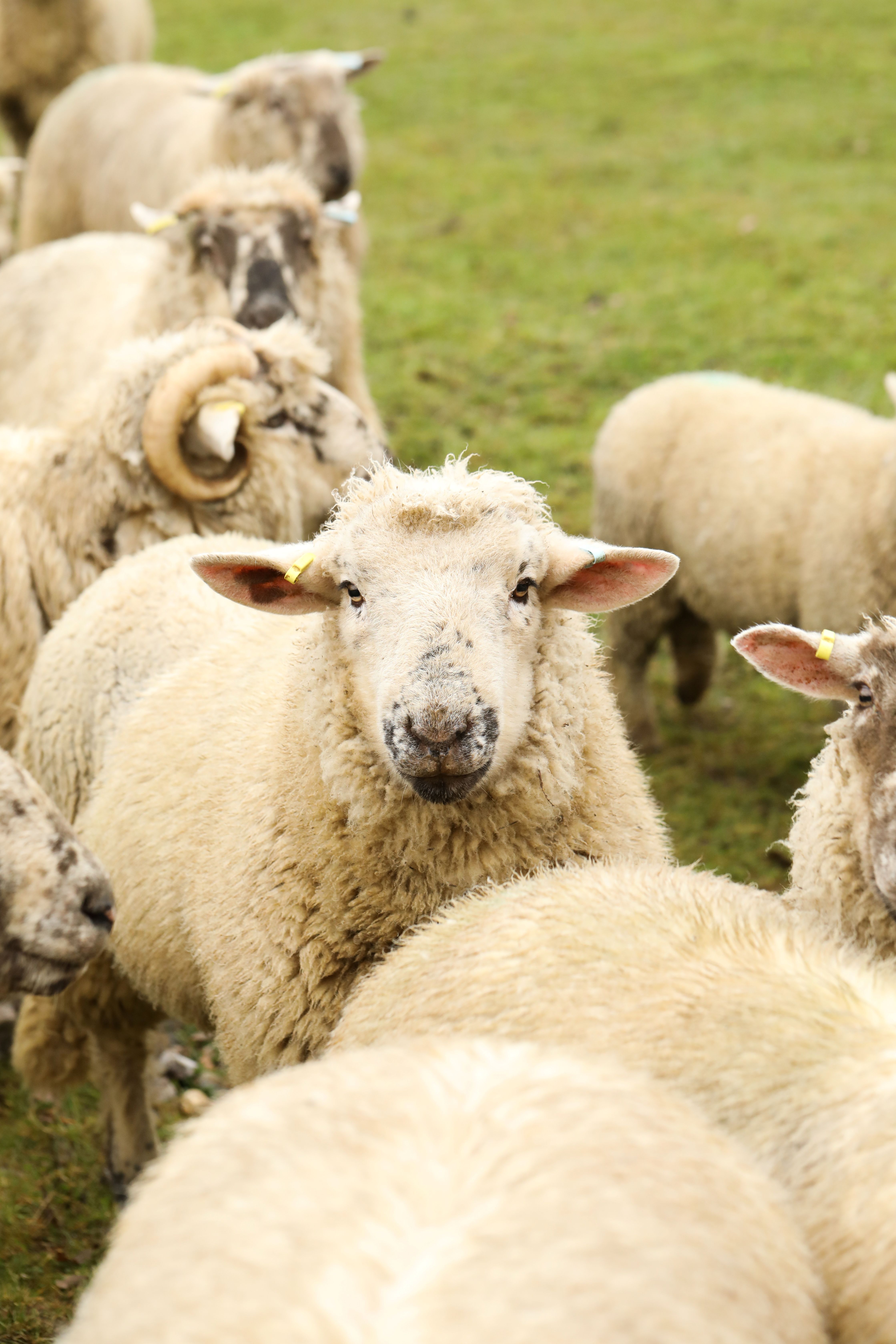
Heckfield Place
Regarding Hotel Corazón’s farmer-in-residence, Emma Phillips, formerly of LA’s Flamingo Estate and Big Sur’s renowned Esalen Institute, owner Kate Bellm couldn’t be more enthusiastic. ‘Emma has not only transformed the farm area into a wild paradise of edible beauty, but she’s an integral part of the energy, happiness, and soul of the hotel. You will find her walking through the property with bundles of flowers and herbs, delivering her produce to various departments that work with her – always wearing her signature hat and a big, beautiful smile,’ says Bellm. Phillips works closely with the hotel’s chef, Eliza Parchanska, at the hotel’s newly opened Tatjana von Stein-designed terrace restaurant.
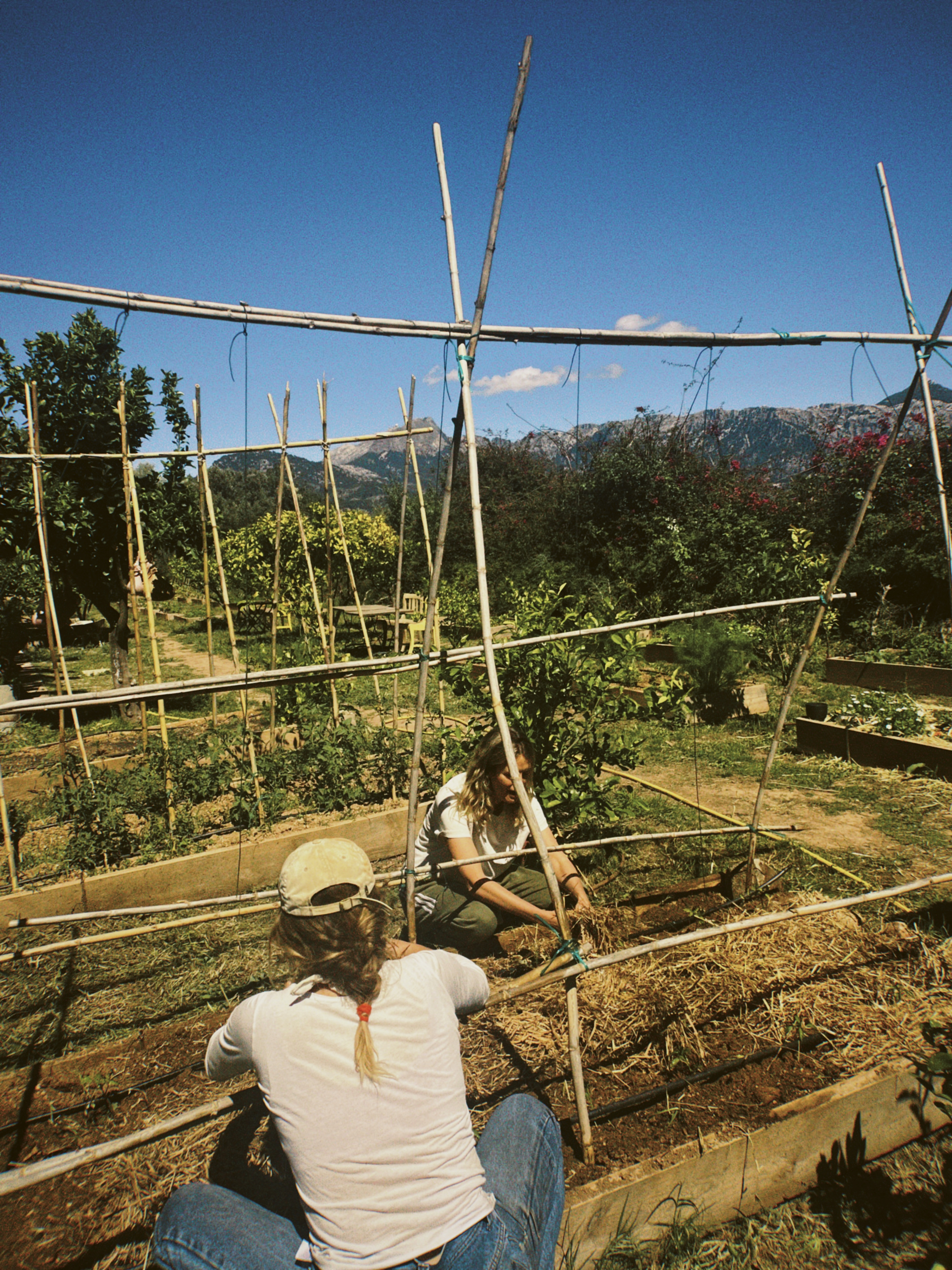
Hotel Corazón
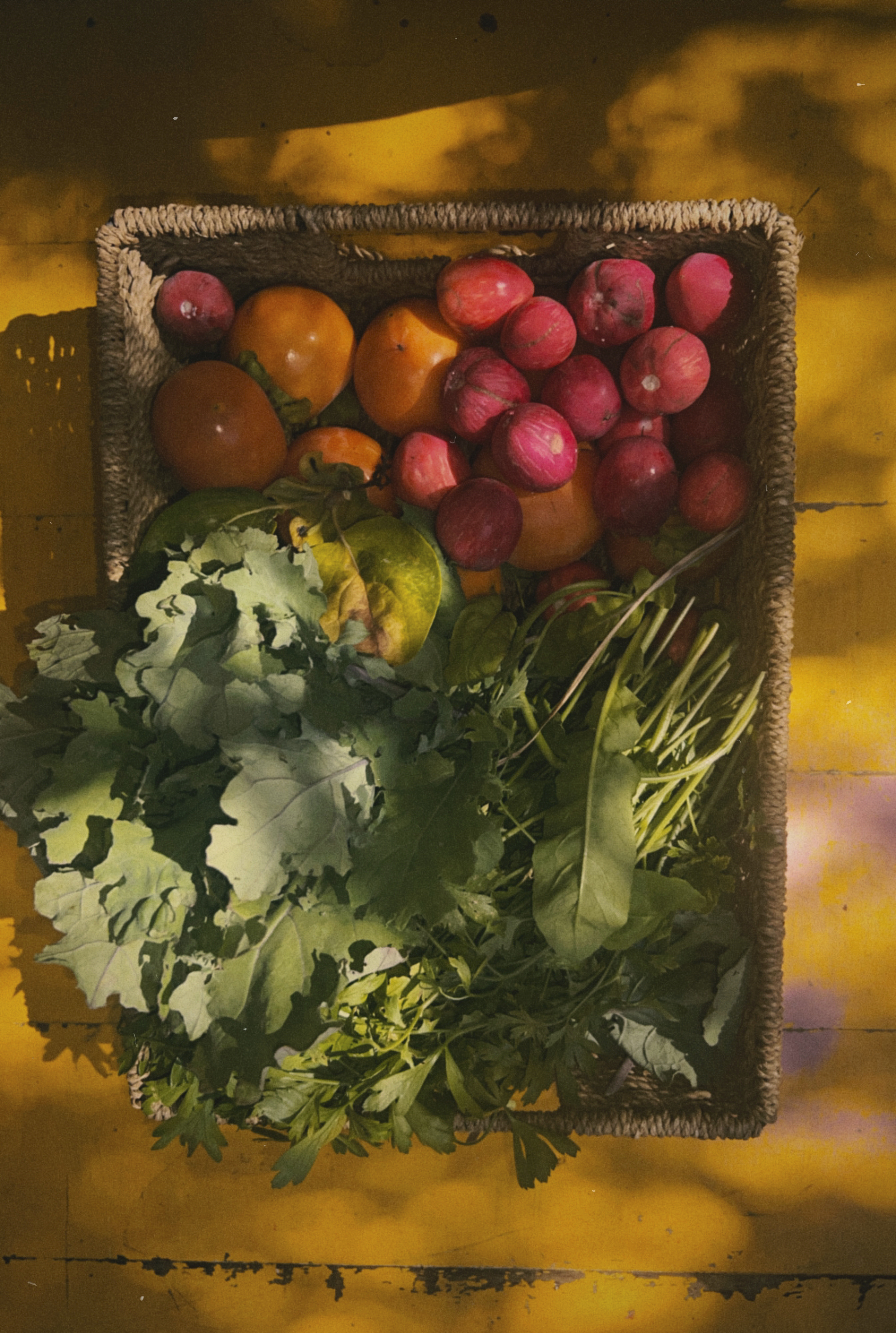
Hotel Corazón
Christiane Wassmann, owner of Rastrello in Umbria, which is home to over 2,000 olive trees and a 400-year-old farmhouse, states that participating in the hotel’s olive harvest in October is a highlight for many guests. ‘We have visitors who have been harvesting with us for four years already. They say they prefer working on holiday, giving back to the land, rather than visiting museums and sightseeing.’
In a world filled with endless options for luxury accommodation, what exactly is attracting people to these simpler experiences? ‘I think people are craving genuine connection,’ says Quinion. ‘So much of modern life is disconnected from the land; food appears on shelves without any story. Spending time on the farm allows them to slow down and remember that everything comes from somewhere.’
Receive our daily digest of inspiration, escapism and design stories from around the world direct to your inbox.
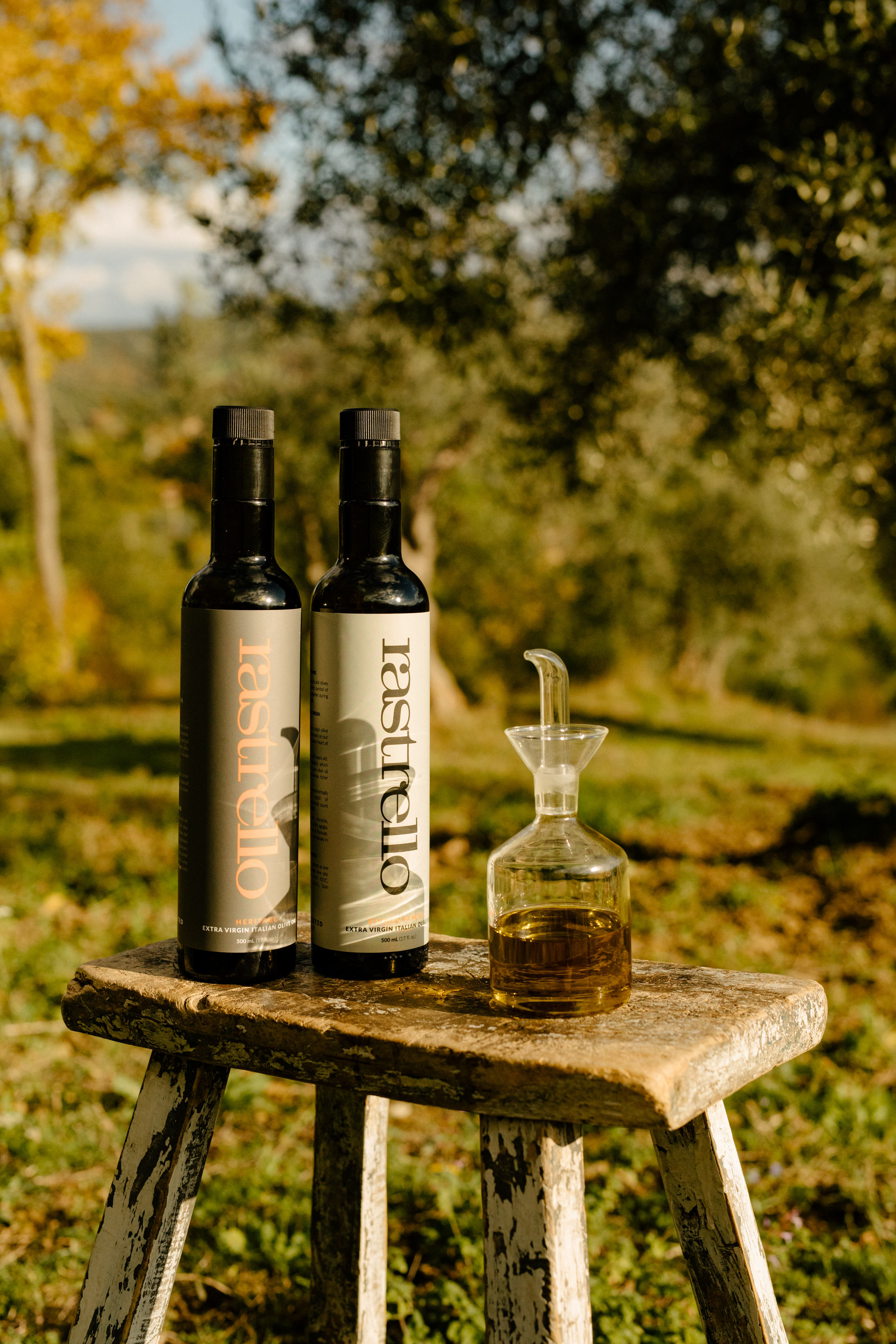
Rastrello
This idea is echoed by José Godinho, who is the general manager of all farming operations at Portugal’s São Lourenço do Barrocal. ‘This is a different kind of luxury,’ he states about the 40-room hotel set on a 780-hectare farm. ‘It’s waking up to birdsong, walking through open fields alongside cows, connecting directly with the vegetable garden, and feeling a deep sense of calm. That too is luxury.’
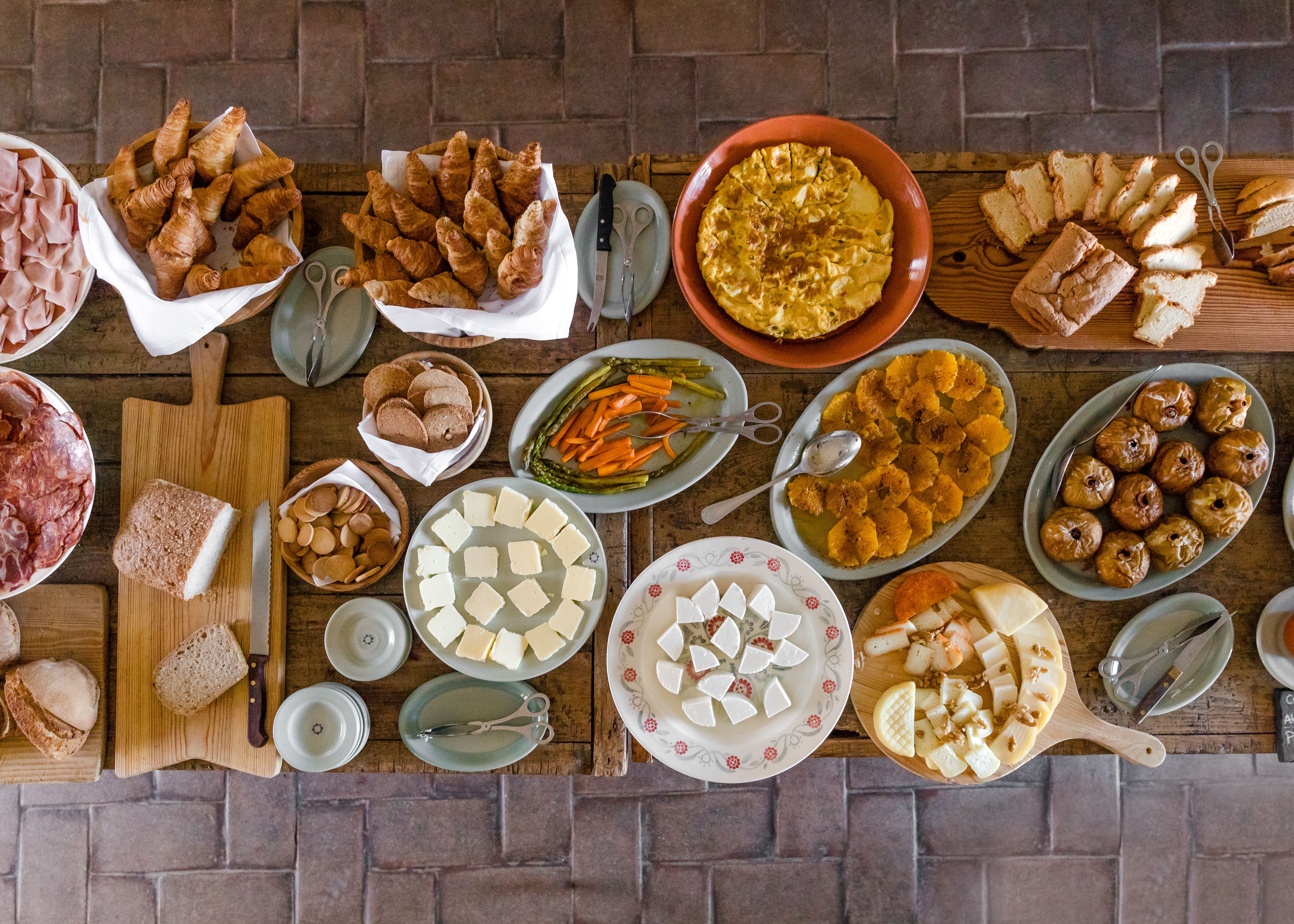
São Lourenço do Barrocal
But who exactly is booking into these luxury farm stays? ‘The farm programming at Wildflower appeals to solo travellers, couples, families, and corporate guests alike,’ says Kristin Soong Rapoport, co-managing partner of Wildflower Farms, Auberge Resorts Collection in Hudson Valley, which is home to a four-acre organic on-site farm. ‘We find these educational experiences are what our guests talk about most after visiting the property.’
To be clear, these experiences do not replace traditional wellness activities; they complement them. ‘The typical Wildflower Farms Leisure guest is highly educated and has stayed at the most luxurious places in the world. That guest demands high-quality fitness and wellness programmes as part of their daily routine,’ continues Soong Rapoport. ‘Their needs for wellness about nutrition and connection to the earth, family, and community are not always met, so we focus on this at the farm.’
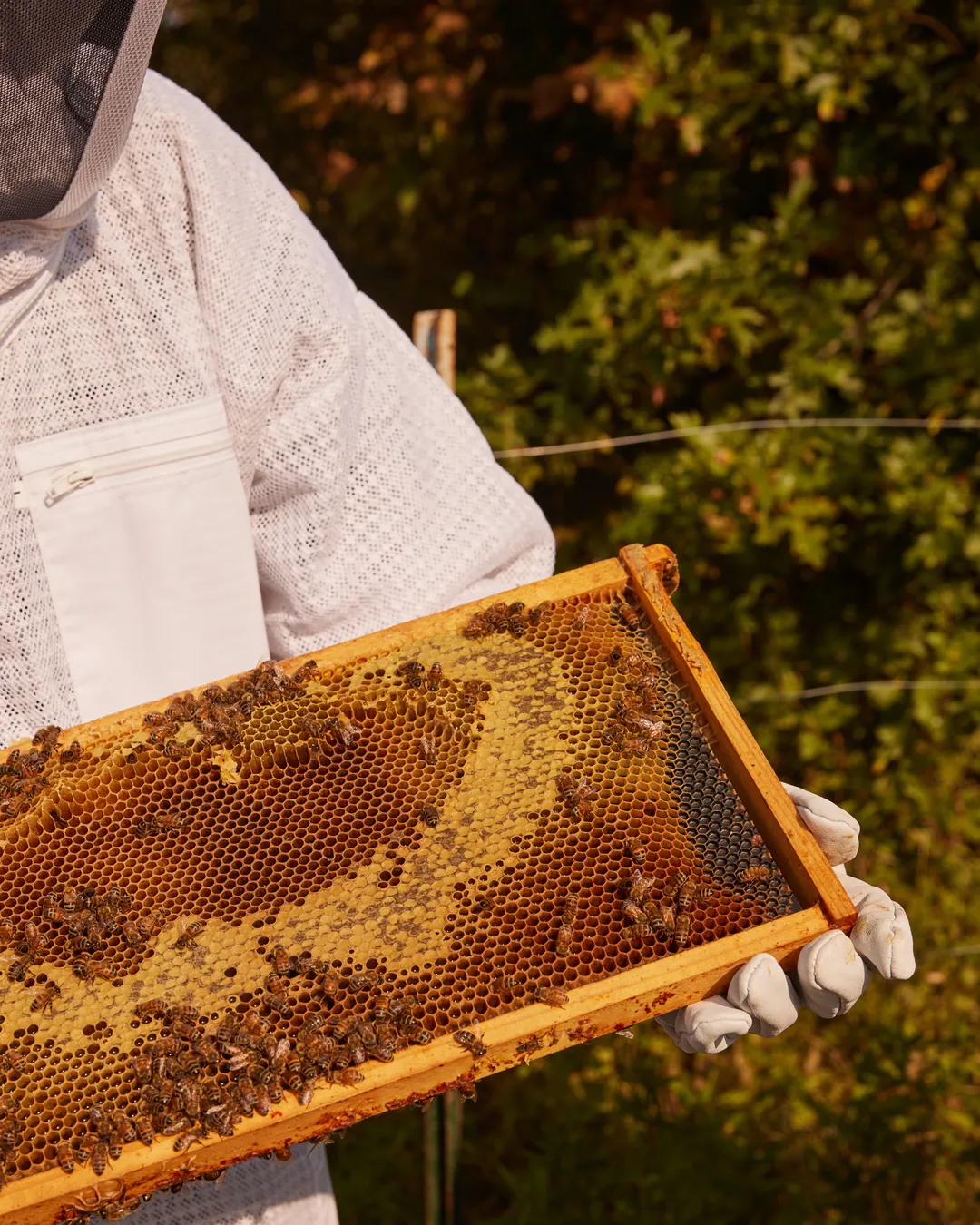
Wildflower Farms
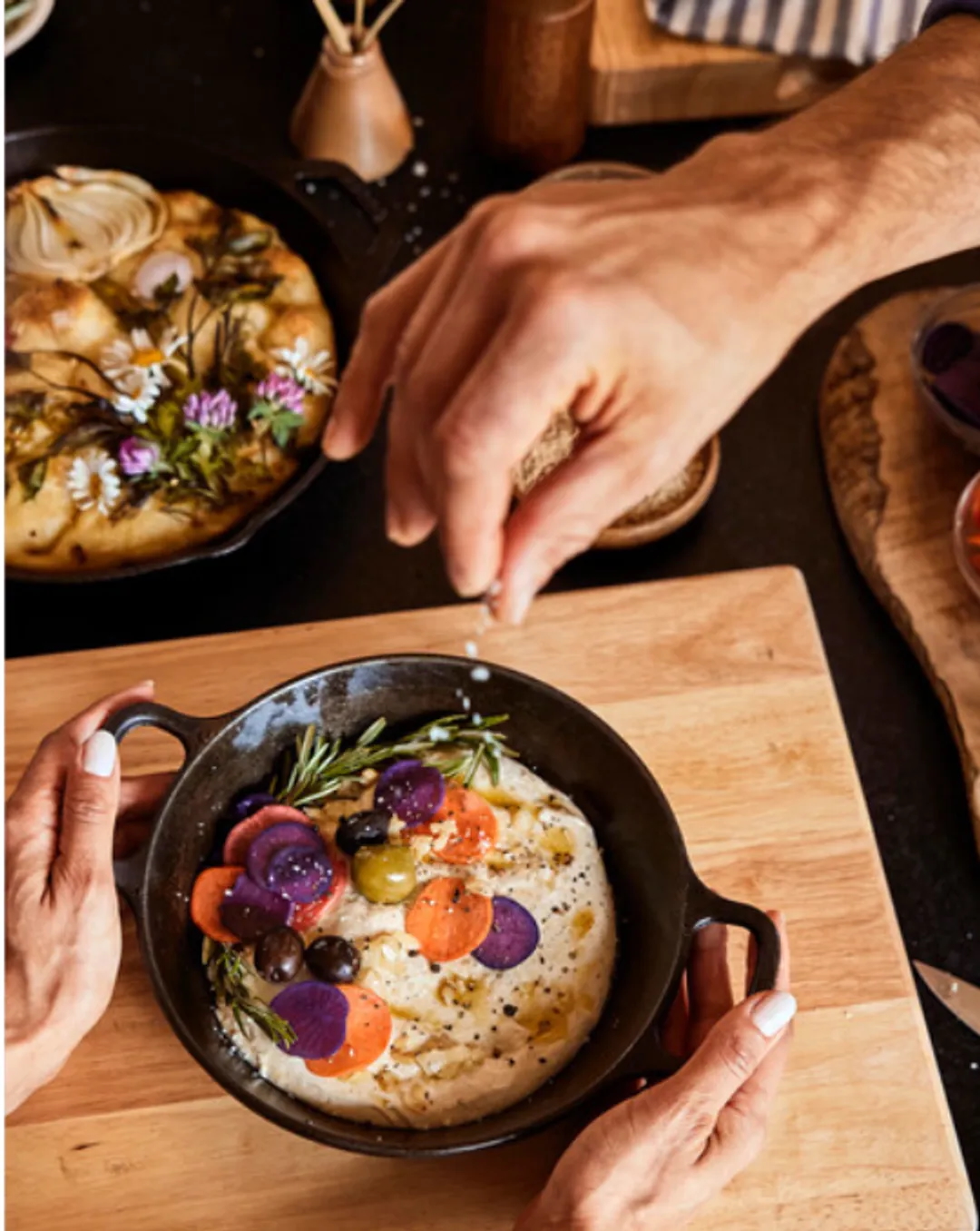
Wildflower Farms
Similarly, at Cap Karoso in Sumba, Indonesia, farm activities support the wellness experiences. ‘In fact, we moved to a farm-to-spa philosophy, and guests can experience harvesting plants that will be used during their treatments,’ says Teguh Wahyu Pramana, Cap Karoso’s head of agricultural operations. These robust farms play a critical role across many functions at the hotels, which of course includes the kitchen. Kobi Miterani, landscaping attendant for Six Senses Ibiza’s farm, noted that one of their most popular activities is a farm tour followed by breakfast or brunch.
‘During this activity, guests from the hotel spend about an hour walking through the fields, harvesting crops, and tasting vegetables directly from the soil and fruits straight from the trees,’ notes Miterani. ‘This experience gives them a deeper connection to nature and shows how Mother Earth dictates the way we function within our limitations, and how we can work in harmony with the natural world around us.’
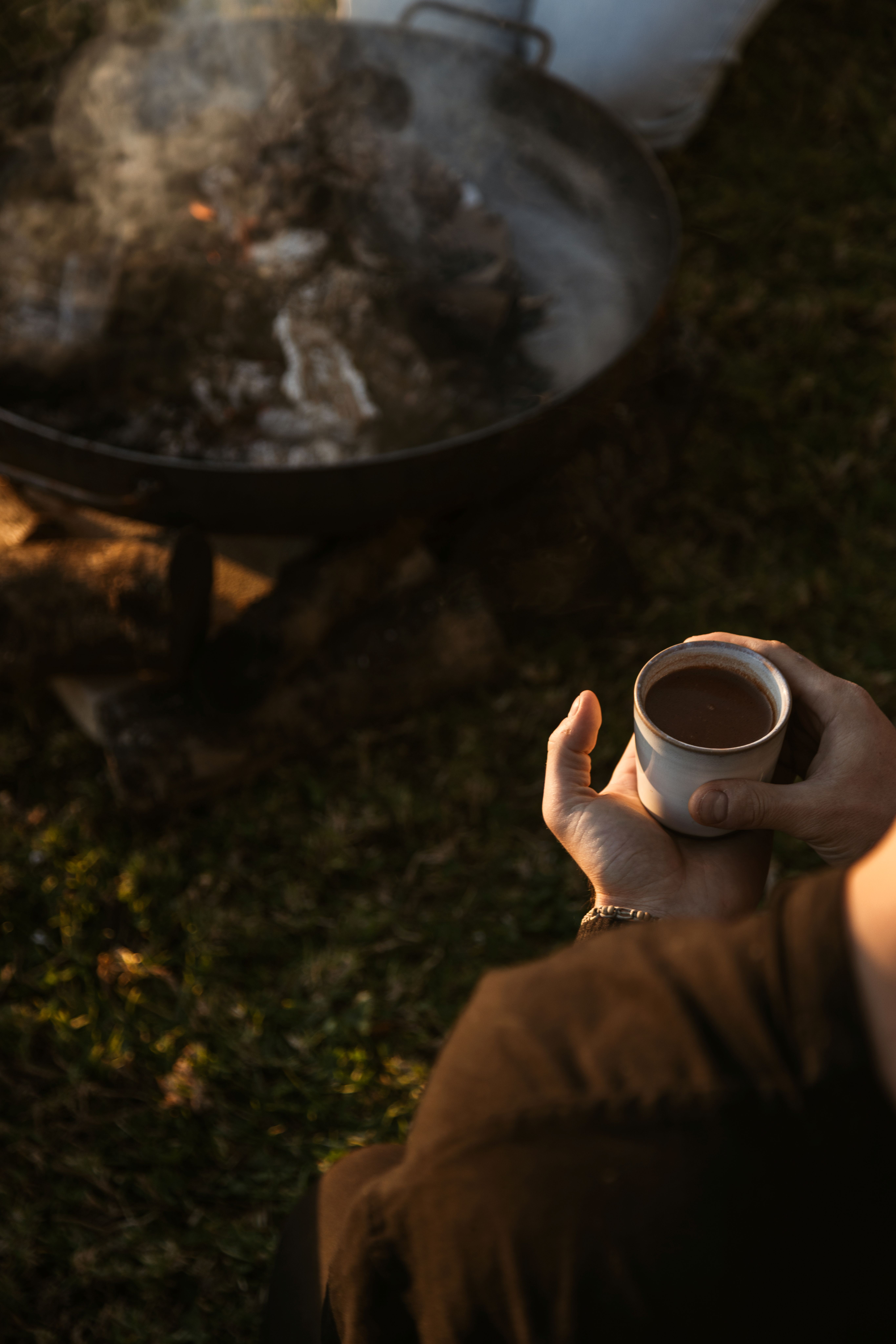
Six Senses Ibiza
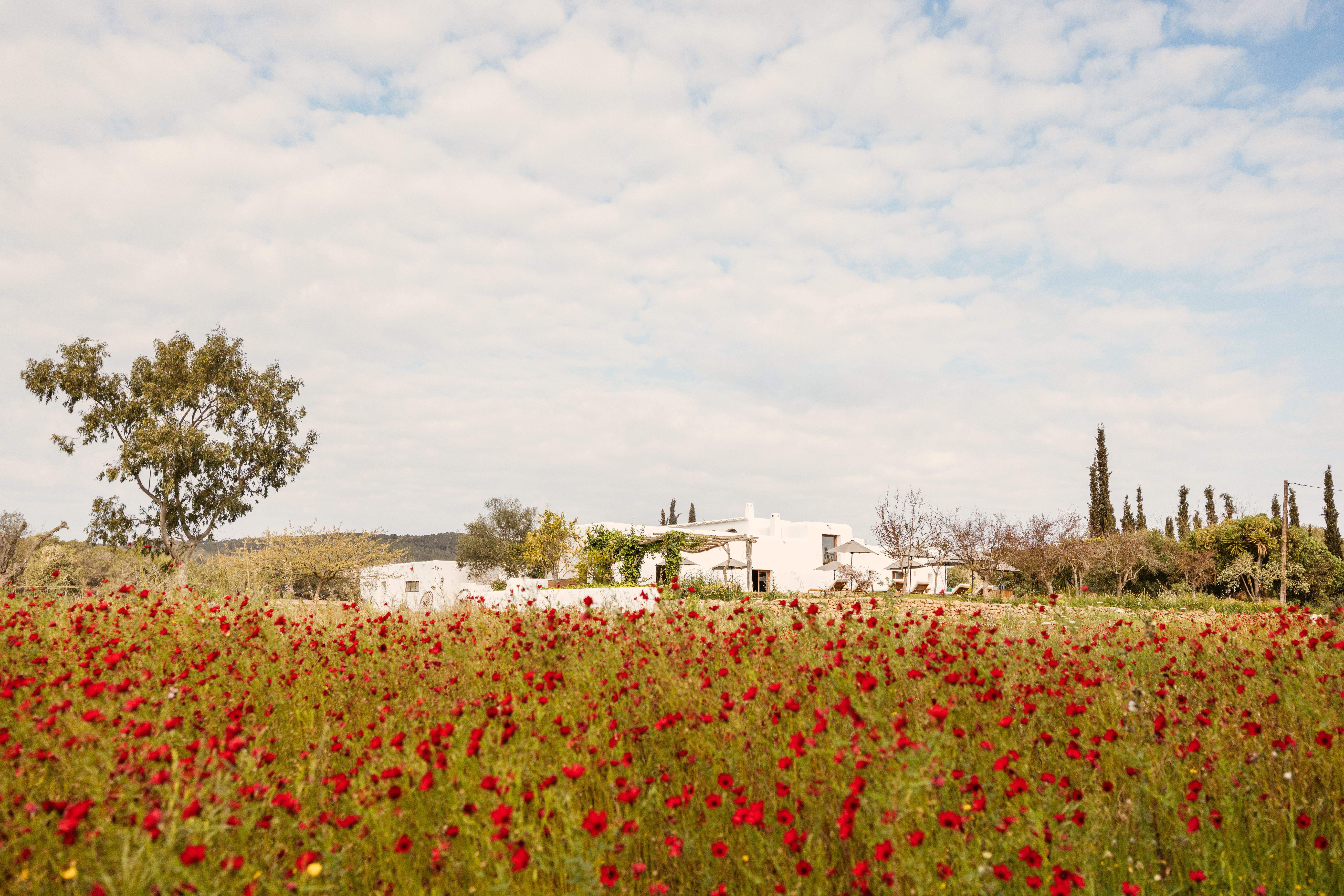
Six Senses Ibiza
Farm-led programmes aren’t just good for guests. If done properly, it can ripple out to benefit the surrounding community as well. Such is the case at Cap Karoso, which boasts a permaculture school where the farming team teaches locals how to increase their crop yield sustainably and runs community outreach programmes throughout the villages and schools.
‘The farm is proudly operated by a dedicated team of local Sumbanese employees,’ says Wahyu Pramana. ‘We envisage the farm becoming a centre for learning and knowledge sharing for the local Sumbanese community.’ In October, the hotel will host the first-ever Sumba Food Festival, with 600 guests to raise funds for local initiatives, such as clean water access and education.
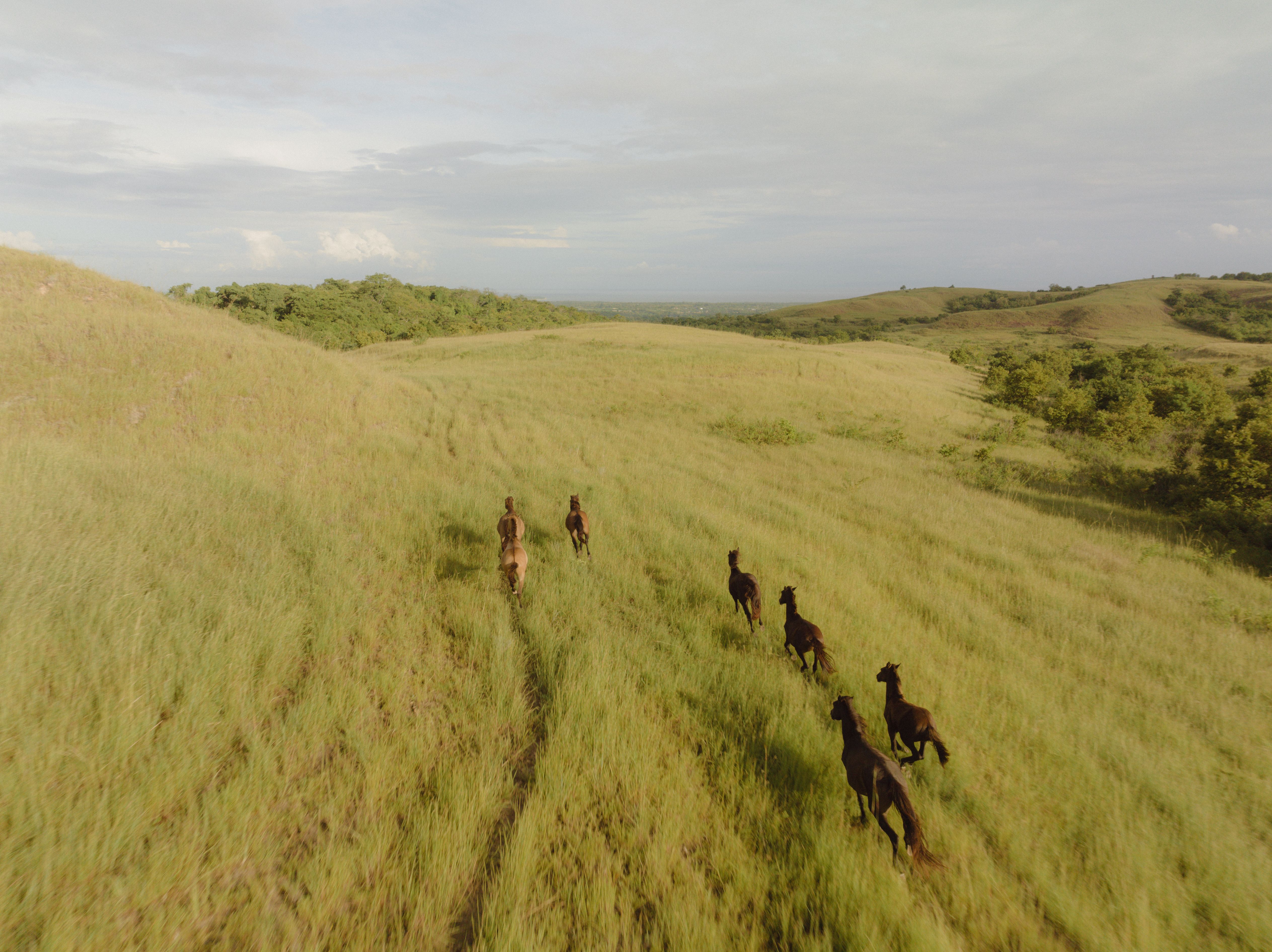
Cap Karoso
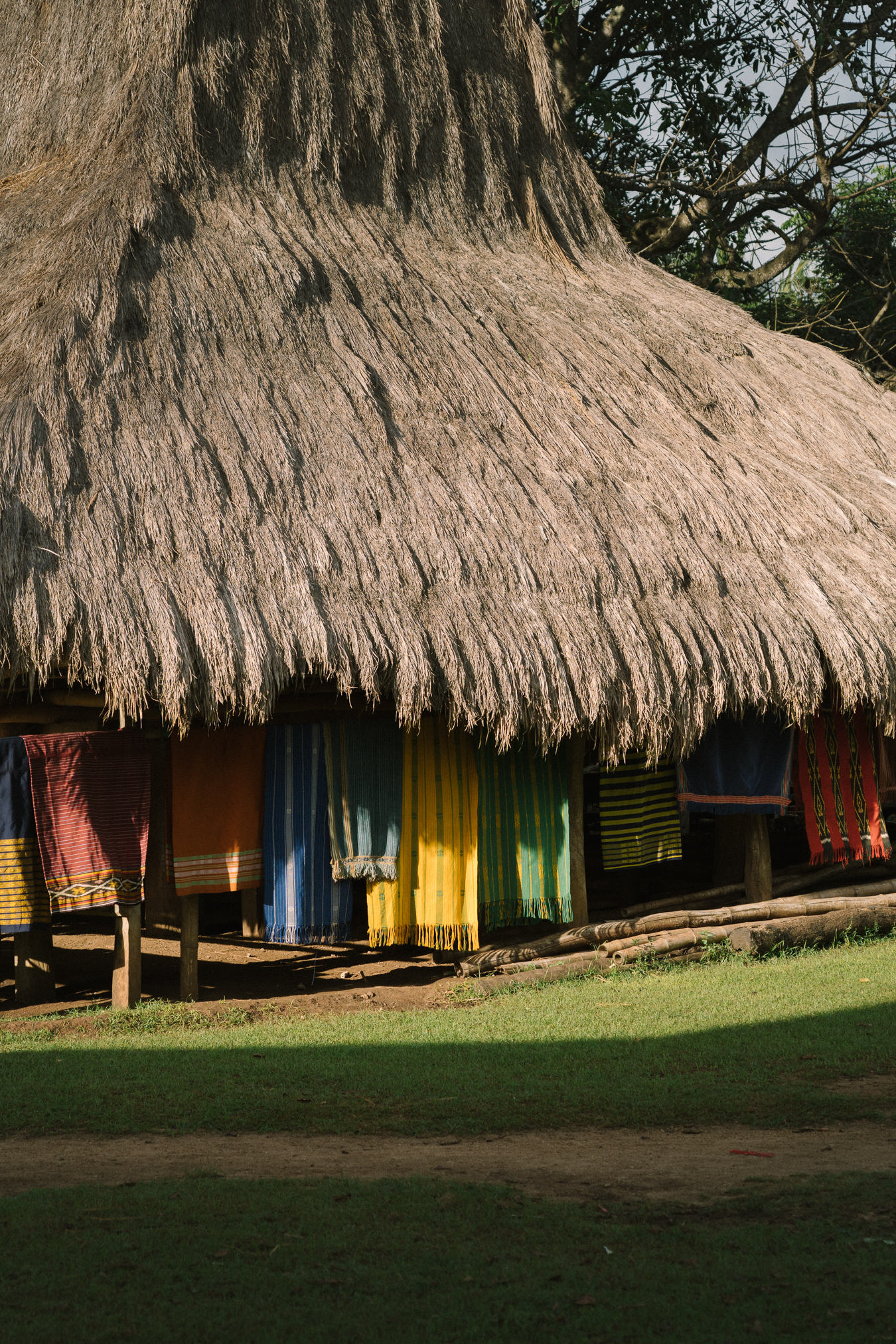
Cap Karoso
Whether farming-led travel is a fad or the future, Wallpaper* asked Richard Christiansen, founder of Flamingo Estate, for his perspective. While guests can’t stay at Flamingo Estate (it’s Christiansen’s home and orchard), you can get a taste of the Flamingo Estate universe at select JW Marriott properties through the two brands’ recent collaboration on honey, curated playlists, and a signature scent.
A post shared by Flamingo Estate, Los Angeles (@flamingo_estate)
A photo posted by on
‘In uncertain, difficult times, nature gives us hope and a sense of tradition and permanence, which is so important,’ says Christiansen. ‘We’ve always said that Mother Nature is the last great luxury house. I believe we need her more than ever now.’
It looks like the future of farm-led travel is ripe for even more growth.
Sarah Wood González is a style and culture writer based in New York City by way of Michigan, Barcelona, and Edinburgh. She writes about surprising cultural phenomena and aesthetic trends, delighting in what they say about the world we live in.